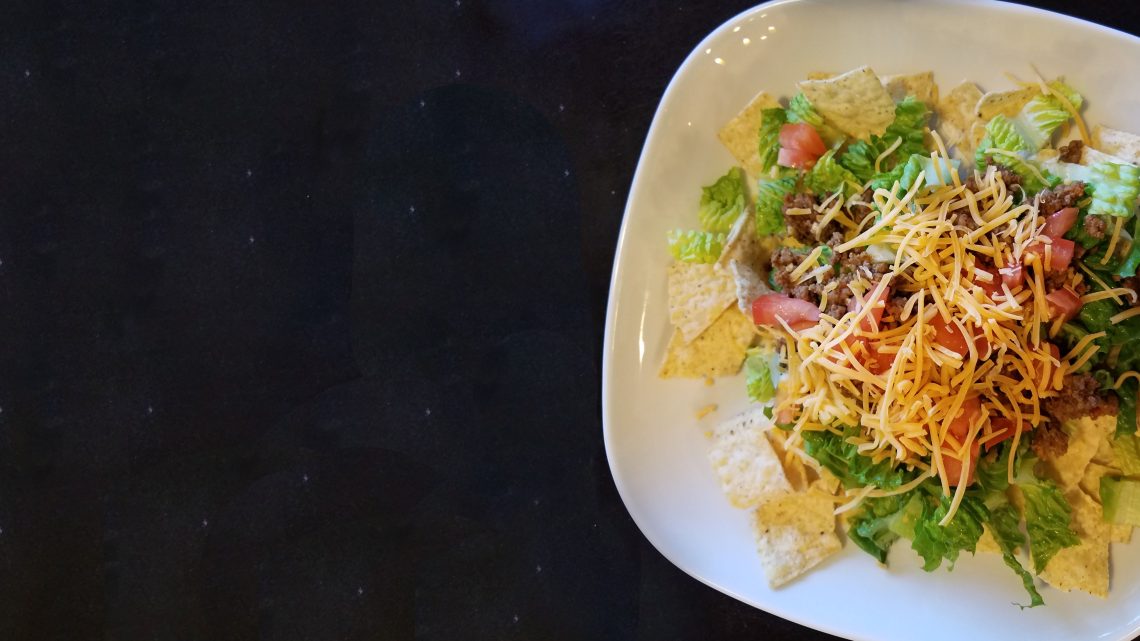Sabbath? Pathfinders? Haystacks? How confusing — well, at least for those of us
who weren’t raised Adventist. Earlier in my life, I certainly wasn’t familiar with these
things . They didn’t ring a bell for me like they might for others. I was new to this group
called the “Seventh-day Adventists,” who, as far as I knew, ate strange foods and didn’t
have fun on the weekend. Coming into Adventism was sort of like walking into a room
where the people in it are either playing a board game you don’t understand or speaking
a language you don’t speak. There are certain norms and expectations that are
definitely not negative things — just different!
When I was about the age of 11, I was brought into the Adventist sphere of influence
by a family member who began attending an Adventist church. Soon enough, I too was
attending the same church and found myself in Vacation Bible School, an
Adventist middle school, and Pathfinders. One overarching thing everyone spoke of
was the Sabbath, which was a completely new word for me. Prior to Adventism I was
raised non-denominational, so the idea that on the same day I went to church also
meant I couldn’t partake in so many activities, like watching certain movies/shows, was
very odd to my younger self. Many times when I was told “You can’t do that — it’s
Sabbath” or “We can’t go there today” I would actually get upset and heavily question
this new church I was going to. However, eventually I came to understand the reasons
why and became just as used to it as those raised following the Sabbath. I came to
learn that Sabbath is not just a day of rules or no fun; it’s a day to observe what God
has given us, and a day to rest as He did upon the same day.
I know I’m not the only one who has had this experience. Many others have found
themselves in culture shock when first encountering Adventism. A friend informed me
of her transition into Adventism and what struck her the most: she was raised
Presbyterian, a Protestant denomination that greatly differs from Adventism. She stated,
“It was weird; definitely not what I was used to. The theology was really new, including
the idea that the dead don’t go to heaven upon death. But the theology wasn’t the only
weird thing to me. People used lingo I just wasn’t used to. Names for food, events and
other things associated with Adventism were constantly thrown at me, which was a little
alienating. I eventually came to know these words, either from being around other
Adventists long enough to learn them, or by asking for explanations. After a while, I too
was using the Adventist lingo. You just become sort of used to it all, and it becomes new
and exciting. Now I’m the one that uses ‘weird’ words or references Adventist events my
family doesn’t know about.”
The Adventist subculture and lingo is fun and makes Adventists unique. There’s a sense of unity in these things, and even when someone is unfamiliar with them, it’ll all make sense eventually as they become fluent.
Strange Terms for new Adventists
If somebody is new to Adventism and does not understand these terms, help them out! A good
way to do so is to explain what they mean.
– Special-K Loaf: A baked loaf made from Special-K cereal.
– Haystacks: The Adventist spin on taco salad.
– General Conference Session: World church business meeting every five years.
– Pathfinders: The Adventist co-ed version of Boy Scouts and Girl Scouts.
– Ellen G. White: Co-founder of the Seventh-day Adventist Church.
– Big Franks: Vegetarian hot dogs.
Micah Rose is a communication major from Alpharetta, Georgia attending Union College in Lincoln, Nebraska.









